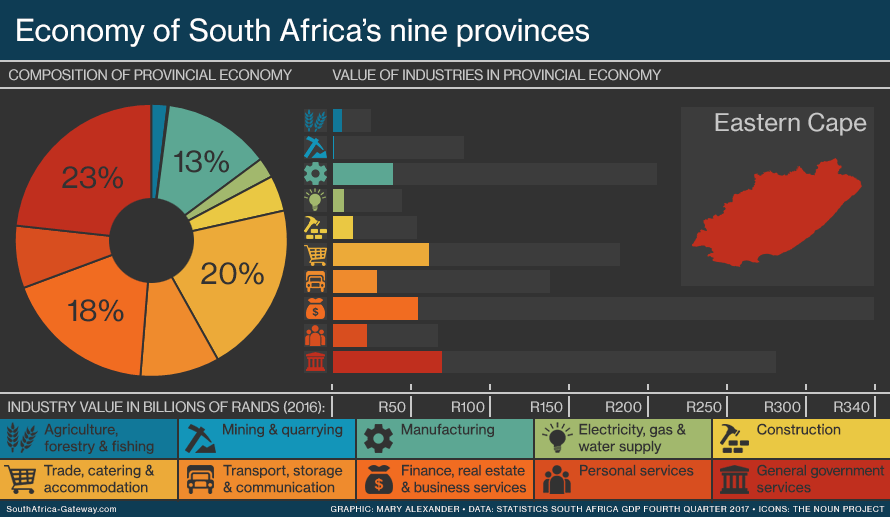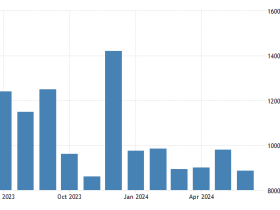
South Africa’s main businesses
South Africa’s economy is diverse and robust, built upon key industries that have shaped its development and continue to drive its growth. As the most industrialized and technologically advanced country in Africa, its economy encompasses mining, agriculture, manufacturing, services, and finance. Below is an overview of South Africa’s main businesses:
1. Mining and Minerals
South Africa is globally renowned for its mining sector, which has historically been the backbone of its economy. The country is the world’s leading producer of platinum and a major producer of gold, diamonds, coal, and manganese. The mining industry contributes significantly to export revenues and provides employment to thousands. Companies like Anglo American, Sibanye-Stillwater, and Harmony Gold are key players.
2. Agriculture and Agribusiness
Agriculture plays a significant role in South Africa’s economy, contributing to both domestic food security and exports. The country produces a wide range of crops, including maize, sugarcane, and citrus fruits. South Africa is also a leading wine producer, with vineyards concentrated in the Western Cape. Major agribusinesses include Tongaat Hulett and Distell Group.
3. Manufacturing
The manufacturing sector is diverse, encompassing automotive, food processing, chemicals, and textiles. The automotive industry is particularly notable, with South Africa being a hub for vehicle production in Africa. Major car manufacturers such as BMW, Ford, and Toyota operate plants in the country, producing vehicles for both local and export markets.
4. Finance and Banking
South Africa’s financial sector is one of the most sophisticated in Africa, with a well-developed banking system. It houses major banks like Standard Bank, FirstRand, and Nedbank. Johannesburg is home to the Johannesburg Stock Exchange (JSE), one of the largest in the world, serving as a hub for investment and financial services.
5. Energy
Energy is another vital sector, with coal-fired power plants dominating electricity production. Eskom, the state-owned power utility, is a key player. South Africa is also investing in renewable energy sources like solar and wind to diversify its energy mix and address sustainability challenges.
6. Tourism
Tourism is a major contributor to the South African economy, leveraging the country’s rich cultural heritage, wildlife, and natural beauty. Destinations like Cape Town, Kruger National Park, and the Garden Route attract millions of visitors annually. Hospitality businesses, including hotels and tour operators, are significant employers.
7. Retail and Consumer Goods
Retail is a vibrant sector, catering to South Africa’s growing middle class. Supermarket chains like Shoprite, Pick n Pay, and Woolworths dominate the market. The sector also includes e-commerce platforms like Takealot, which are expanding rapidly.
8. Information Technology and Telecommunications
South Africa is a leader in Africa’s IT and telecommunications sectors, with companies like Vodacom, MTN, and Telkom providing services across the continent. The growing adoption of digital technologies and the internet is fueling innovation and business growth in this space.
9. Real Estate and Construction
The real estate and construction sectors have seen significant growth, driven by urbanization and infrastructure development. Major construction firms like Murray & Roberts and Group Five play vital roles in building homes, commercial properties, and public infrastructure.
10. Healthcare and Pharmaceuticals
The healthcare industry in South Africa includes both public and private sectors, with companies like Aspen Pharmacare making the country a key player in pharmaceutical production and distribution in Africa.
Conclusion
South Africa’s business environment is marked by its diversity and strategic importance on the African continent. While challenges like unemployment and energy constraints exist, the country remains a regional leader with vast potential for growth and investment in its key sectors.



Leave a Reply